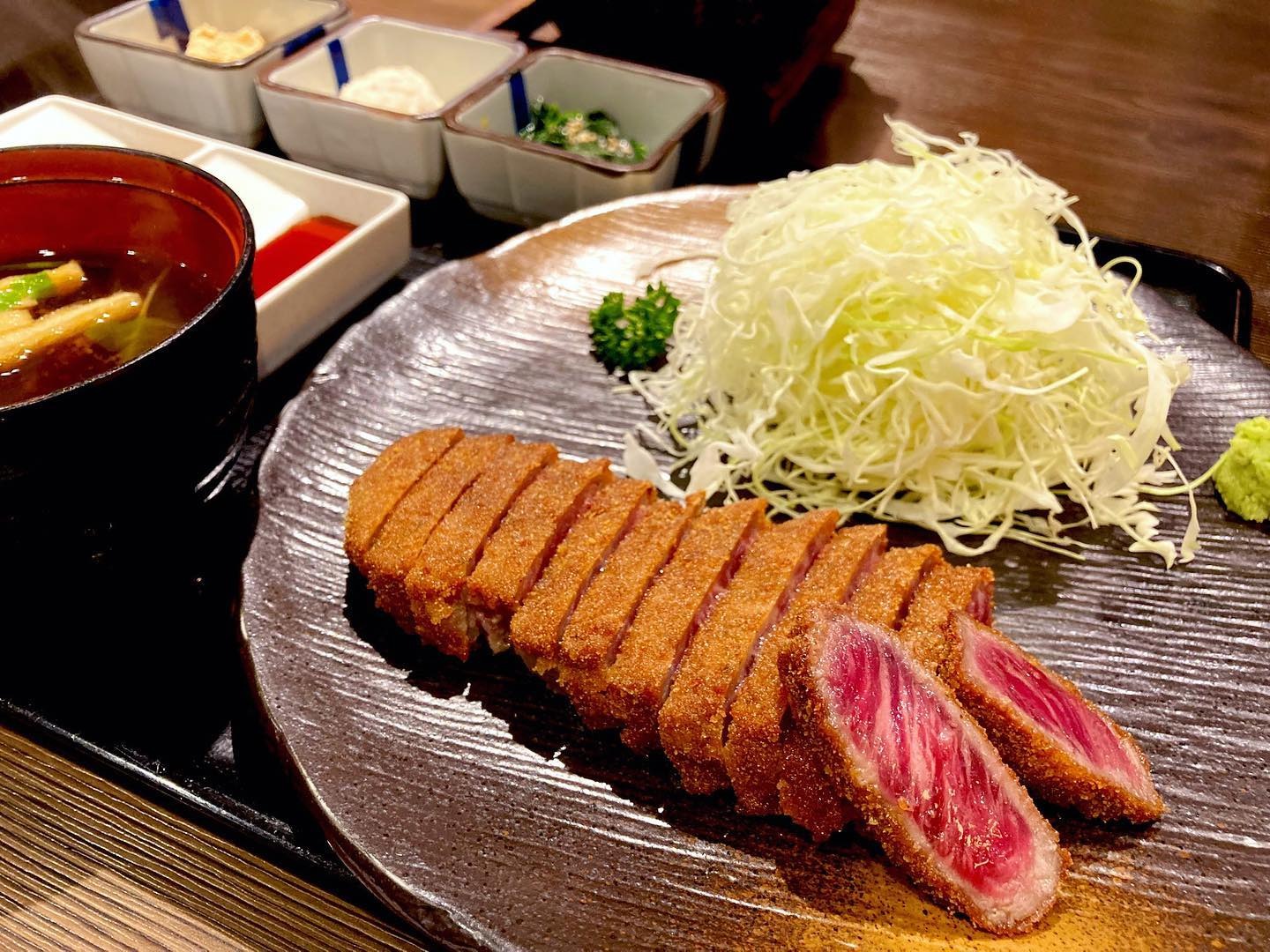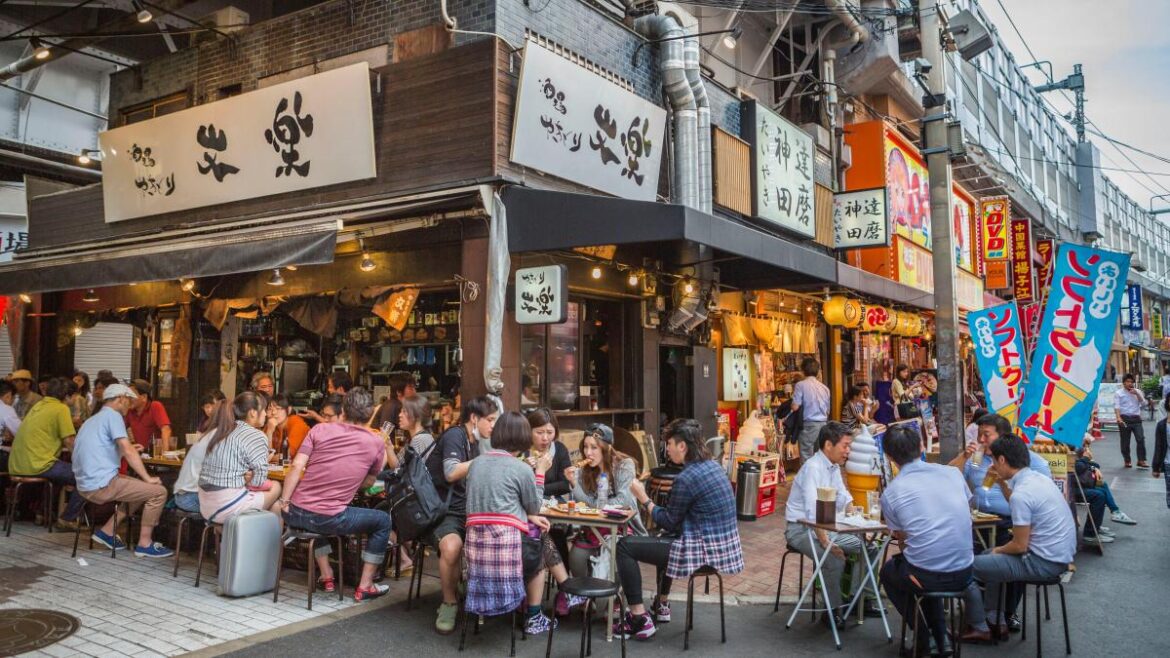For many travellers, one of the charms of visiting Japan is the absence of any expectation, in restaurants, hotels and taxis, to leave a tip.
However, that culture of gracious service is coming under pressure because of the surge in foreign tourists infecting the locals with the virus of gratuities. Tip boxes, which formerly would have been regarded as a gross vulgarity, have started to appear in some restaurants, especially those most popular with foreign tourists.
The development has provoked a debate about the character of Japanese hospitality and the pressure to adapt to foreign customs.

The Motomura restaurant chain is embracing the change
A chain restaurant named Motomura Beef Cutlets has installed boxes at its tills, a move that aroused online controversy when it was announced on social media. “We don’t like the culture of tipping and yet we have started this,” wrote an X user named Ororin. “This is difficult to accept.”
Traditionally, customers at high-class inns, restaurants and geisha houses might discreetly reward superlative service with crisp new notes in an envelope — a custom known as kokorozuke, meaning “from the heart”.
• Tourist causes outrage by drinking offering left by grave in Japan
Audiences at the kabuki theatre would reward their favourite actors by throwing on to the stage hineri — coins tied up in twists of paper. Until recently, though, most Japanese would no more consider giving a tip to a waiter in a restaurant than to the cashier at a supermarket checkout.
When foreign visitors to Japan, ignorant of custom, left money behind they were often met with bafflement, even suspicion. Plenty of tourists, filled with gratitude and pleasure after a delicious meal, have left cash on a restaurant table only to be chased by an anxious member of staff returning their “lost property”.

Some electronic payment systems allow tipping
YOSHIYOSHI HIROKAWA/GETTY IMAGES
“In western countries, service is considered to be something you pay for,” Yoshiyuki Ishizaki, a professor at Kyoto’s Ritsumeikan University, said. He told the Asahi newspaper: “In Japan, there is a psychological resistance to putting a price on hospitality, which is understandable.”
A Tip Promotion Association set up during the Covid pandemic to help hospitality workers failed completely. The job has been done instead by the huge number of foreign tourists: 36.8 million last year, compared with 13.4 million ten years earlier.
• 16 of the best Japan tours
“There are a lot of foreigners, and especially those from countries with a tipping culture are giving tips,” a representative of Motomura told the news website Encount. “We recognised that tips are a recognition of the efforts of everyone in the restaurant and there were voices saying that we should make it possible for everyone to gratefully receive them.”
The custom of tipping has been made easier to regulate with electronic payment systems that offer the option to add a tip when paying. The change comes at a time when Japan is experiencing unprecedented levels of inflation. The price of rice, for example, has doubled in a year.
According to government figures, workers in hotels and restaurants have some of the lowest wages in Japan, averaging 269,500 yen (£1,352) a month.


AloJapan.com